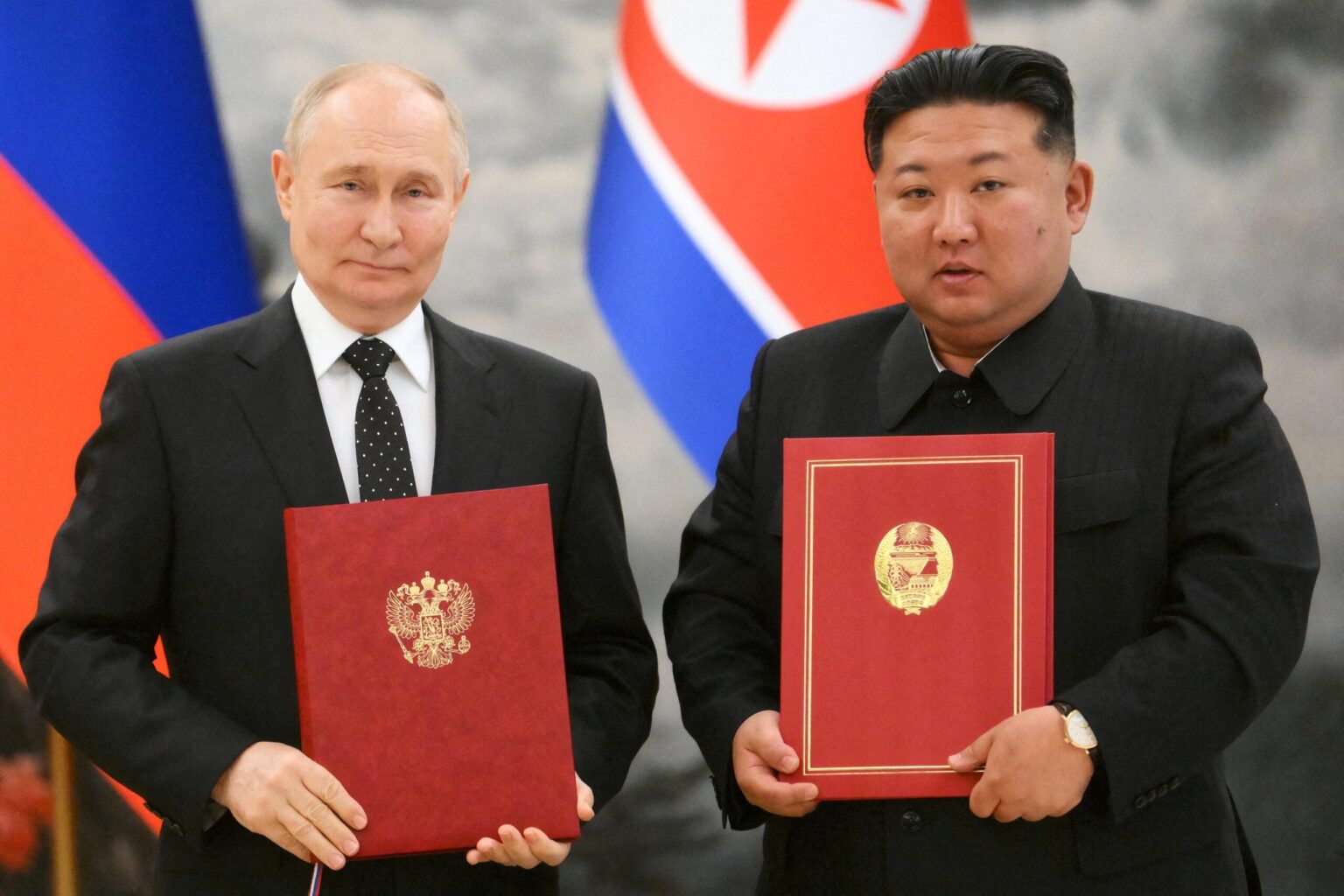In a bold move that could have significant implications for global security, Russia and North Korea have reportedly entered into a new fighter jet deal. This controversial agreement has sparked concerns among world leaders and military experts alike, raising questions about regional stability and the balance of power in East Asia. Let’s delve into what this deal could mean for the international community and the future of security on a global scale.
Understanding the Russia-North Korea Fighter Jet Deal
Amid rising tensions on the global stage, the recent fighter jet deal between Russia and North Korea has sparked concerns about its implications for global security. The agreement, involving the sale of advanced fighter jets from Russia to North Korea, has raised questions about the potential impact on regional stability in East Asia and beyond.
With North Korea already facing international sanctions and condemnation for its nuclear ambitions, the addition of sophisticated fighter jets to its military arsenal could further escalate tensions in the region. The deal also highlights Russia’s willingness to engage with controversial regimes, potentially undermining efforts to promote peace and stability in the region. As the situation continues to evolve, the international community will closely monitor the consequences of this agreement for global security.
Implications for Regional Stability and Power Dynamics
Russia’s recent fighter jet deal with North Korea has significant in East Asia. The agreement to supply advanced aircraft to North Korea could potentially shift the balance of power in the region and raise concerns among neighboring countries. The increased military capabilities of North Korea could lead to heightened tensions and instability in the region, as other countries may feel threatened by the presence of these advanced fighter jets.
The deal also has broader implications for global security, as it could impact the dynamics of international relations and alliances. The partnership between Russia and North Korea in the military sphere could have ripple effects on other countries and their strategic interests. This agreement raises questions about the intentions of both countries and their commitment to regional peace and security. The potential military buildup in North Korea could complicate efforts to denuclearize the Korean Peninsula and could have far-reaching consequences for the stability of the region.
Potential Risks and Concerns for Global Security
In recent news, there has been growing concern over the potential risks and implications for global security following the reported fighter jet deal between Russia and North Korea. This deal, if confirmed, could have far-reaching consequences for international relations and stability, particularly in the volatile region of East Asia.
One of the main concerns surrounding this deal is the possibility of enhanced military capabilities for North Korea, which could further escalate tensions in the region. The transfer of advanced fighter jets from Russia to North Korea could potentially alter the balance of power and pose a direct threat to neighboring countries. Additionally, this deal raises questions about the effectiveness of international sanctions and arms control measures in preventing the proliferation of advanced military technology.
Recommendations for Mitigating Threats and Promoting Diplomatic Solutions
One key recommendation for mitigating threats stemming from the Russia-North Korea fighter jet deal is to increase diplomatic efforts between the involved parties. Engaging in open communication and negotiation can help prevent misunderstandings and potential conflicts. It is essential for all parties to prioritize diplomatic solutions over unilateral actions in order to maintain global security.
Additionally, promoting arms control agreements and transparency measures can help build trust and reduce tensions in the region. Establishing clear guidelines for arms sales and monitoring the implementation of agreements can contribute to stabilizing the situation and preventing escalation. By prioritizing diplomatic solutions and promoting transparency, the international community can work towards ensuring peace and security in the face of potential threats.
The Way Forward
the recent fighter jet deal between Russia and North Korea raises important questions about its implications for global security. As these two nations strengthen their military cooperation, the international community must closely monitor the potential consequences for regional stability and geopolitical dynamics. The uncertain outcomes of this deal underscore the ongoing challenges facing the world in maintaining peace and security in an increasingly complex and interconnected world. Only time will tell how this agreement will shape the future of international relations.

